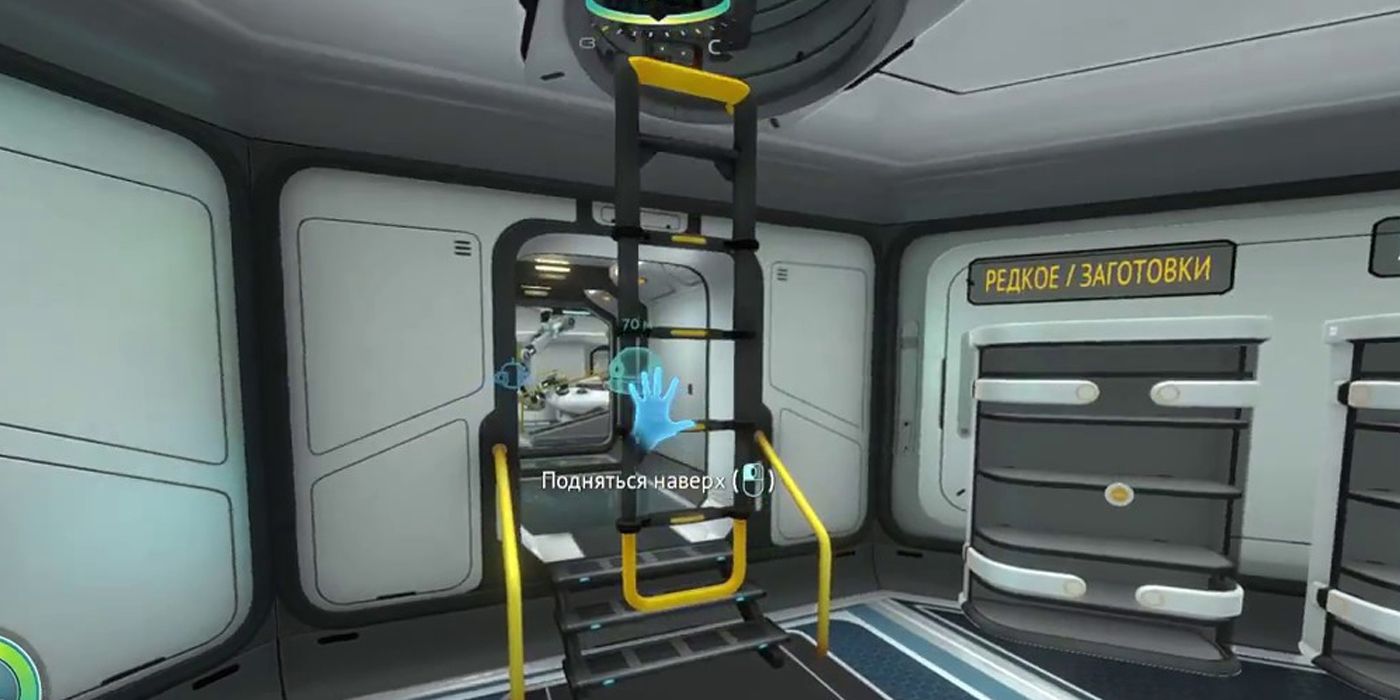
To be detail oriented and thorough in your tasks. Referring to the process of changing existing technology with something new. To look at the details of a project closely.Ī situation where expectations differ from reality. Shorthand for a set of PowerPoint presentation slides. The notion to revisit a topic at a later time. Referring to the skills or value that someone can bring to your company.Īccepting or committing to an idea or course of action.Ī person who is the catalyst for business improvements or innovation. To take on an impossible project or task. Referring to being in a difficult situation. Referring to the amount of time someone has available to spend. Overthinking a situation to the point that nothing actually gets accomplished.Įssential work that goes into the creation of a product that a customer doesn’t see. To look at the overall goals and objectives rather than small details.Ī take-away task that needs to be completed in the near future.Īll employees are needed to complete a project. From there, we broke down the findings by gender and age, as well as usage and preference.Ĭorporate jargon defined 30,000 foot view We surveyed 1,000 men and women aged 18+ via Pollfish on their opinions and usage of common office jargon. In other words, around 25% of the people who claimed they weren’t a fan of it still use it.

25.7% of respondents reported that they weren’t head over heels for “analysis paralysis,” yet of those 25.7%, 10.53% still use it often and 17.41% use it sometimes.

73.27% of women and 70.67% of men refrain from using the term. “Boil an ocean” doesn’t get a lot of love.3rd century emperors began rating how well the royal family was performing their duties. Supposedly, the earliest record of KPI use is in China. At its core, it’s a way to measure success-but it’s not just for the office. Another lesser-known term? “KPIs,” which stands for key performance indicators.The phrase is meant to unify people and remind them that they’re on the same team. 40% of both men and women have never heard of the phrase “stack hands.” The term was coined after sport teams who would huddle in a circle, chant, and throw their hands up in the air.40% of people really get the “big picture.” Not far behind that, 37.5% of workers have a thing for saying “all hands on deck.” The latter refers to a call for more crew members to come to the deck of a ship during a time when they needed-literally-more hands.

In fact, women favor every other phrase over that one. “I’ll ping you” almost perfectly epitomizes annoying office jargon, so it’s no surprise that 24% of women aren’t a fan of the word.“Analysis paralysis” can happen to anyone, but luckily there are ways to mitigate it. The idiom refers to overthinking so much you become debilitated and cannot move forward.



 0 kommentar(er)
0 kommentar(er)
